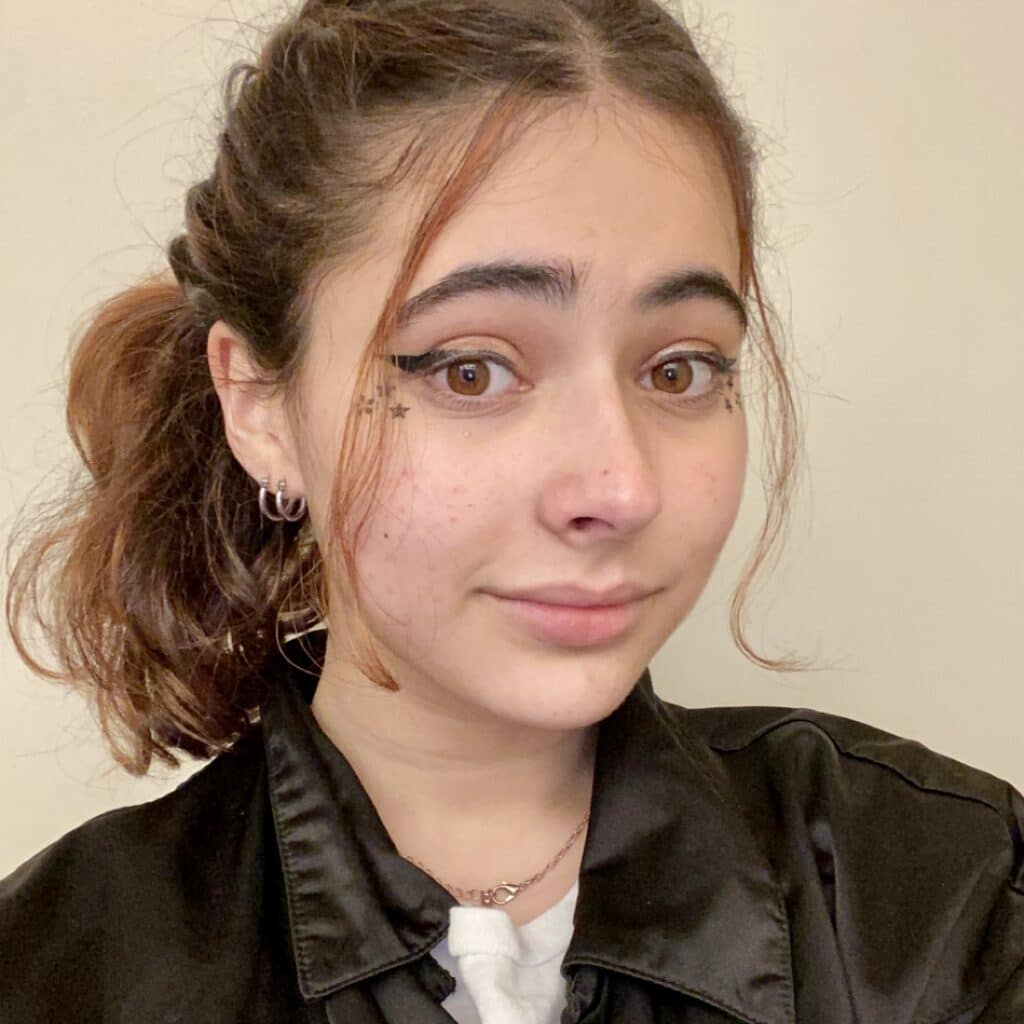
“I don’t want to die, but I don’t want to live in pain,” my internal thoughts said to me during my suicide attempt at the age of fourteen. I didn’t realize until after trying to kill myself that I wanted to be alive.
In ninth grade, I spent nine months in three psychiatric hospitals from 2020 to 2021, and in tenth grade, I spent seven months in a residential treatment center. Throughout that time, I went from being in a safety net to being in a thin blanket, unable to fully protect myself. And how did I battle my suicidal ideation? My hope was stronger than my intrusive thoughts.
After I attempted suicide, I reminisced on what led up to it, and why I wanted to end my life. At the age of twelve, I was diagnosed with major depressive disorder. It caused me intense tiredness, loss of appetite, and sadness holding me back from living the life I knew I could have. I started learning coping skills like opposite action, and radical acceptance, and I eventually reached out for support. However, when the COVID-19 pandemic hit, it sent me into a spiral of desolation, and I disconnected from the hope I had built. All the work I put into battling my depression seemed to fade away, and it got to the point where I needed inpatient care. I arrived as an empty vessel and felt as if I was unfixable. Having to go to inpatient care was extremely difficult. With all the stigma and negative labels about psychiatric hospitals, I was afraid I’d be looked down upon just for struggling. And, of course, it was hard being away from human interaction. But once I got intensive treatment, I understood that I needed and wanted to be able to cope with my depression.
After getting diagnosed with depression, I was tossed from therapist to therapist like a game of catch. This method didn’t seem to help, which pushed me in the wrong direction; a direction of anguish. I knew that I needed a higher level of support, and once I got that support, my mental health drastically improved. The facilities used a type of treatment called Dialectical Behavioral Therapy, (DBT) which introduces a bunch of coping skills and a distinct type of mental training that can help people work on themselves. The concept originates from Buddhism, specifically regarding meditation and mindfulness. Once I got discharged from my most recent psychiatric hospital, I went to a residential treatment center, which was like a step down for me. I still had a high level of support, but I also had more freedom and got to go home during weekends and school breaks. And finally, I was discharged from the residential treatment center and am now in a therapeutic school that also incorporates DBT into its curriculum. After this long journey, I got into a much better mindset. The little twelve-year-old me with a fresh and unfamiliar diagnosis would never believe we’d get this far.
Although I’m diagnosed with depression, it doesn’t define who I am. I’m more than a diagnosis. I’m a person, just like everyone else. I don’t see my depression as a label, but rather as a part of me. Having a mental illness is by all means a struggle. But in a way, I’m also grateful for it. Without it, I wouldn’t be an activist or an advocate, and I wouldn’t have the same awareness and empathy for others as I do now. By writing this piece, I know I can share my story, and connect and relate to others. I want to get across the message that they’re not alone and inspire them to share their story as well.
Shining a light can brighten the tunnel for those who are in the dark.


